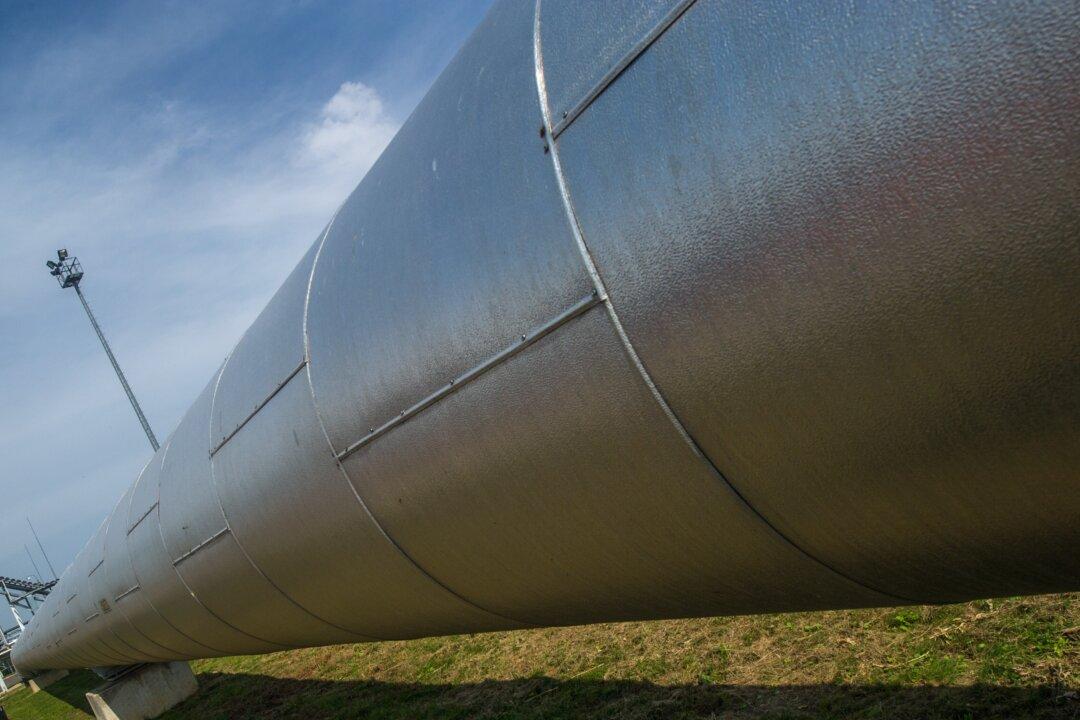The European Parliament passed legislation Tuesday that allows European countries to restrict or ban the cultivation of crops that have been genetically modified (GM).
“This directive is in response to Europeans’ growing concerns about GMOs (Genetically Modified Organisms),” said Frédérique Ries, a member of the European Parliament from Belgium and the one pushing the legislation through the European Parliament.
“This agreement will ensure more flexibility for member states, who wish to restrict the cultivation of the GMOs in their territory.”
The new law will allow countries to ban GMO crops, but they will still have to go through a risk assessment by the European Food Safety Authority (EFSA) before they can be put on the European Union market.



